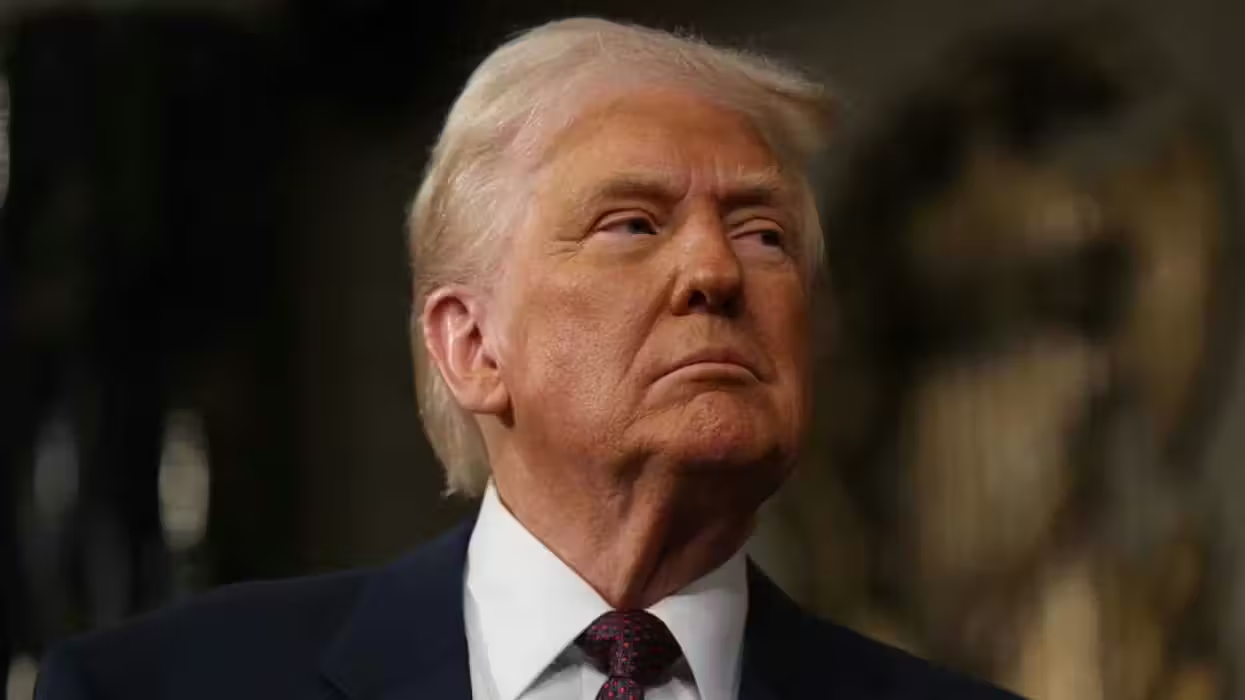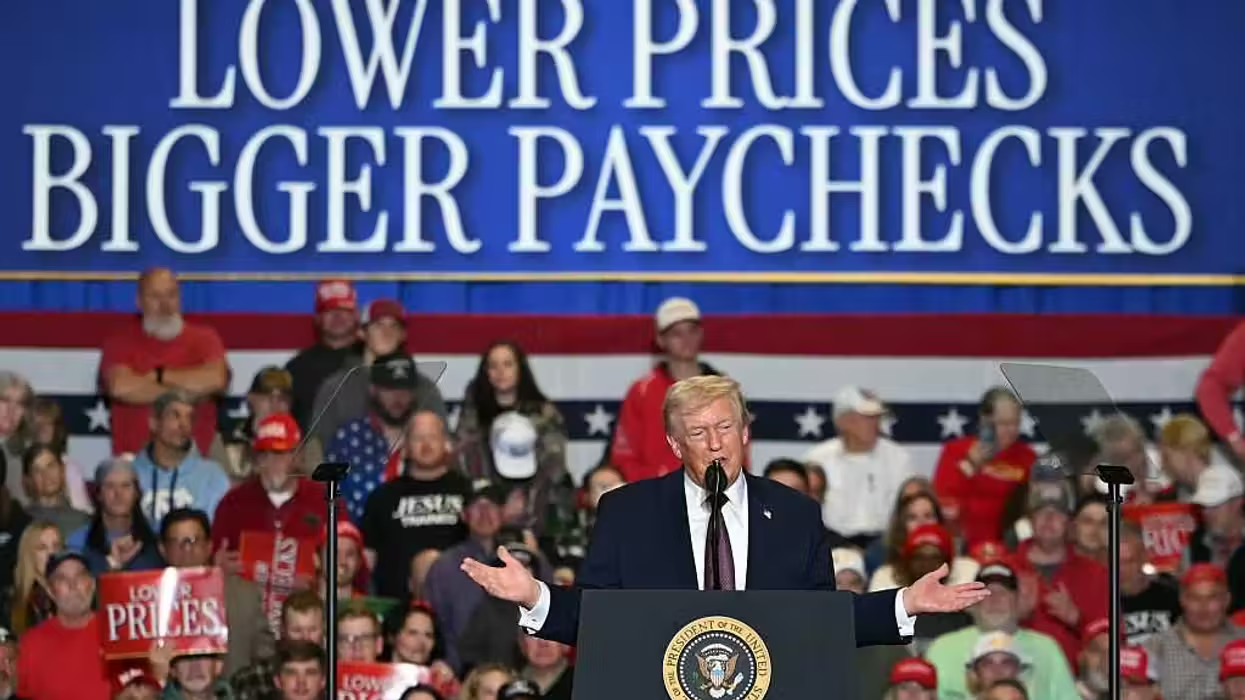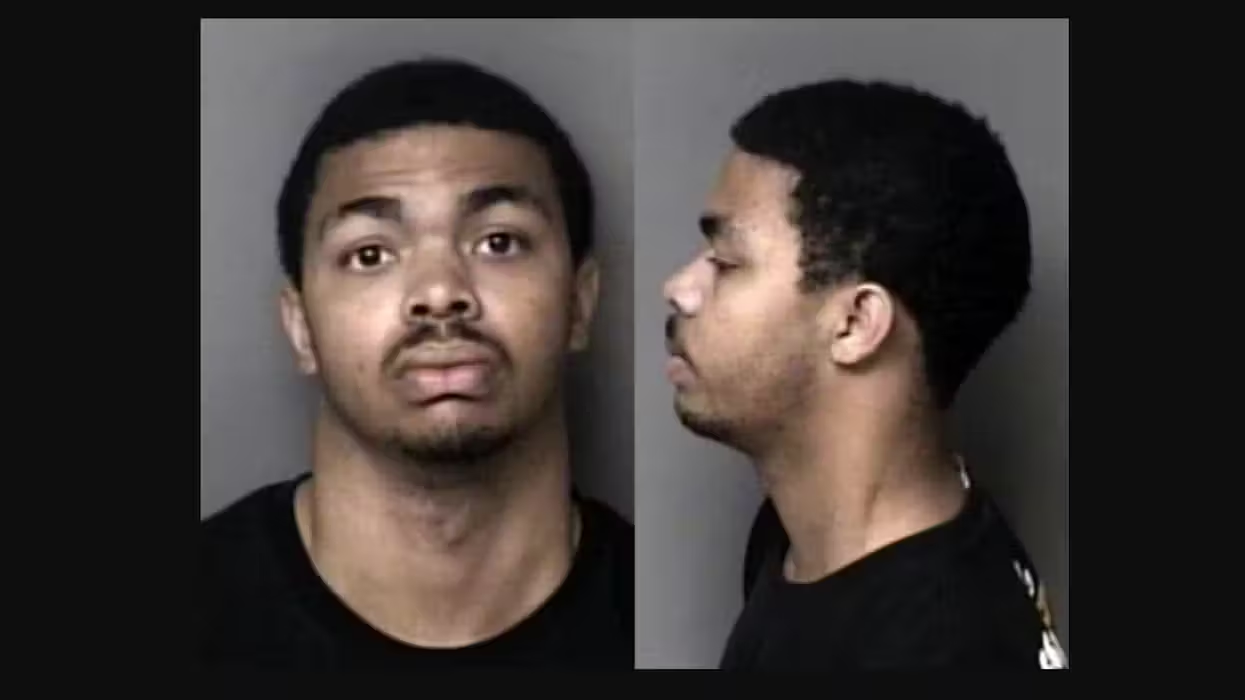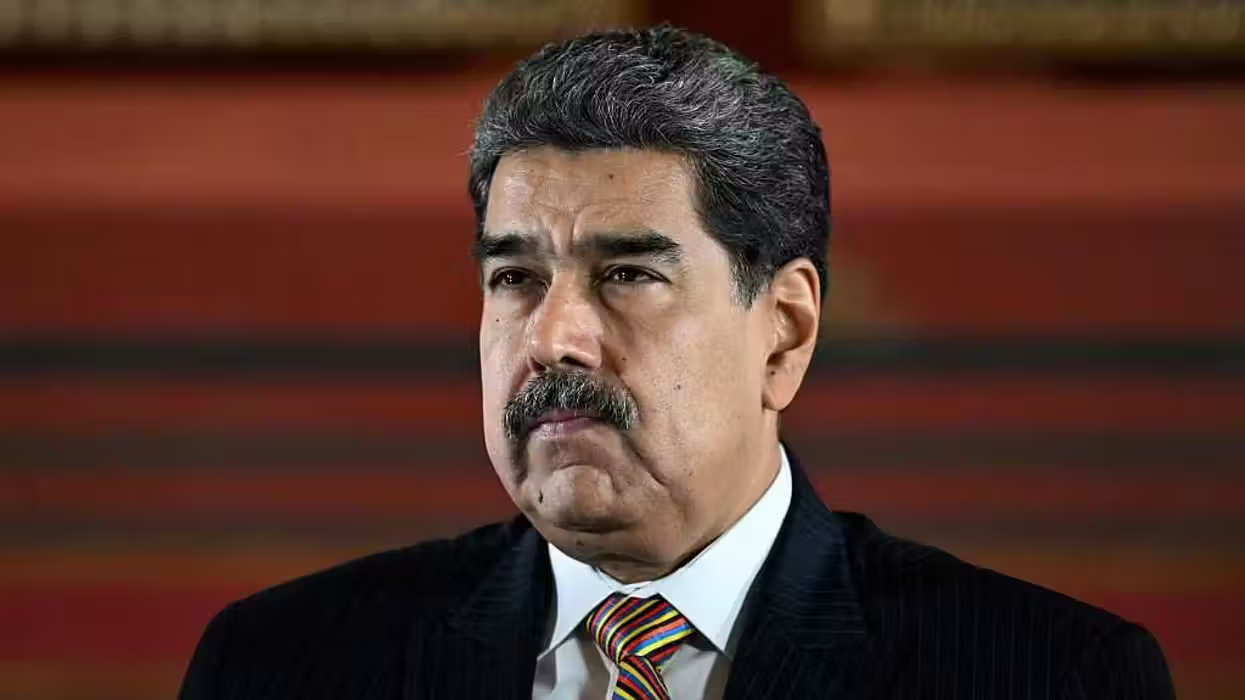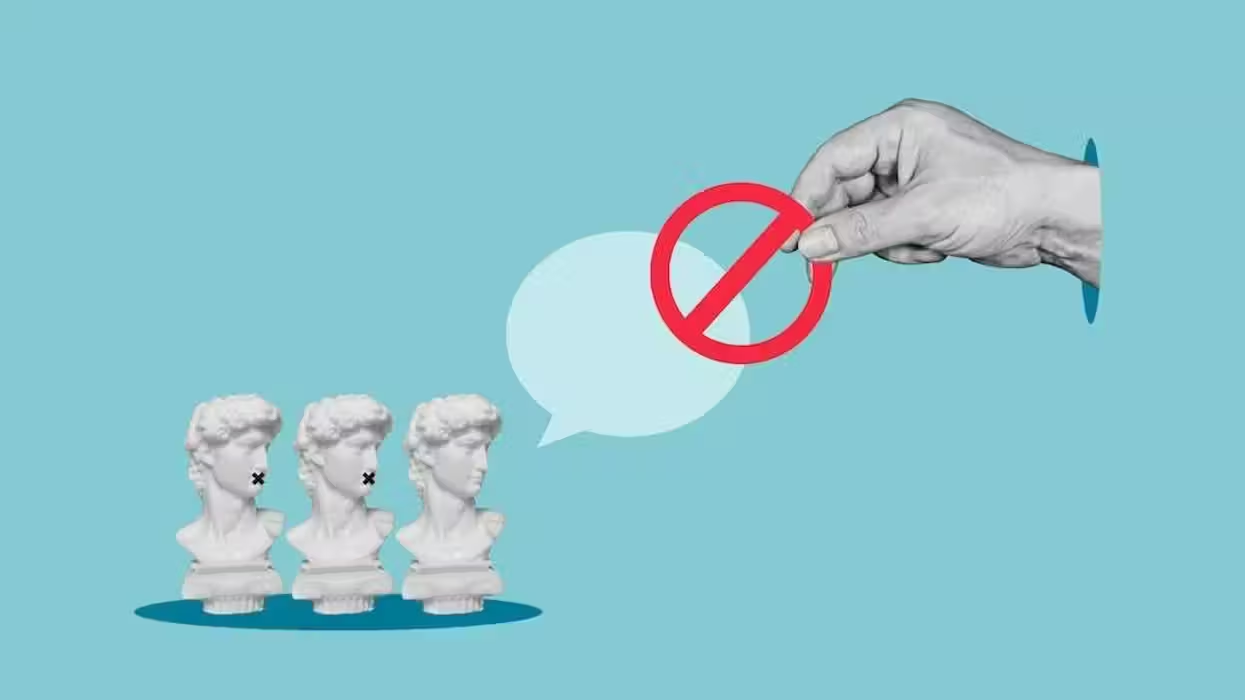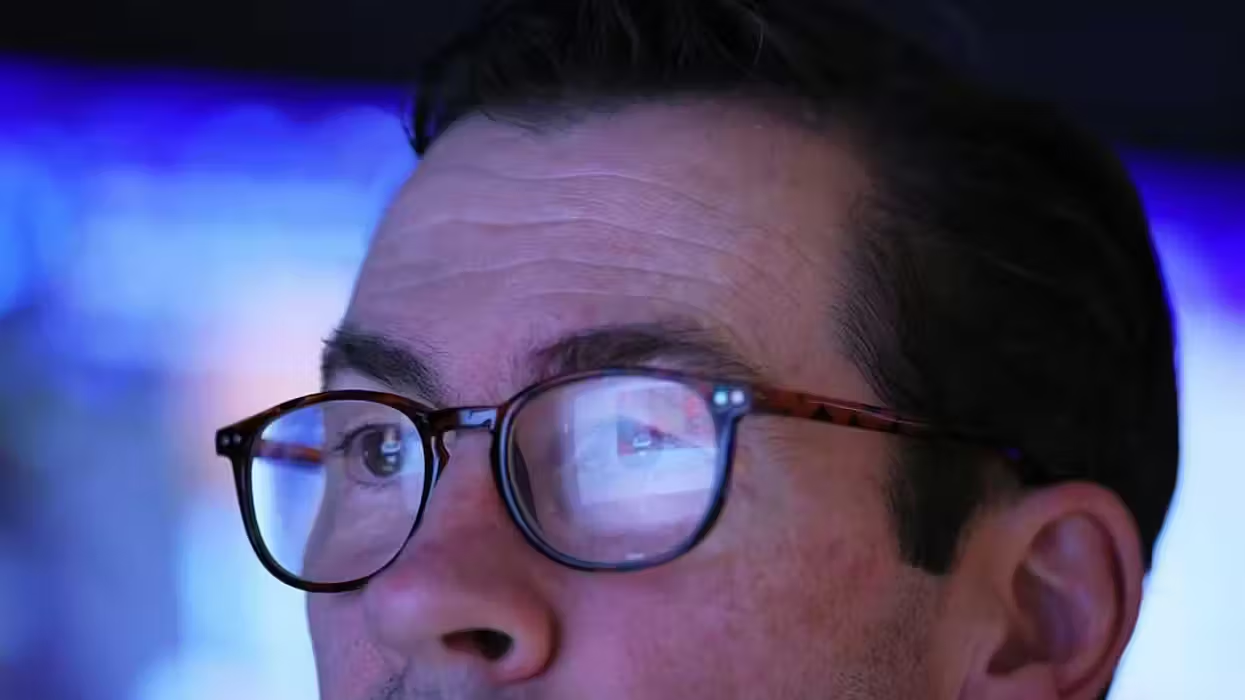More than 1,000 drivers were stopped at a DUI checkpoint in a Los Angeles suburb over the weekend as the police sought to reduce drunk driving in the Burbank area. It turns out all were obeying the law -- at least when it came to alcohol -- as zero were found drunk.
 In this Dec. 16, 2011 photo, police officers check drivers at a sobriety checkpoint in Escondido, Calif. Starting Jan. 1, 2012, police in California can no longer impound vehicles from DUI checkpoints when the driver's only offense is driving without a license. The impounds have been controversial where critics say they are used to drive out illegal immigrants. (AP Photo/Lenny Ignelzi)
In this Dec. 16, 2011 photo, police officers check drivers at a sobriety checkpoint in Escondido, Calif. Starting Jan. 1, 2012, police in California can no longer impound vehicles from DUI checkpoints when the driver's only offense is driving without a license. The impounds have been controversial where critics say they are used to drive out illegal immigrants. (AP Photo/Lenny Ignelzi)
According to the Los Angeles Times, the Burbank Police Department received a $31,500 grant last year to conduct sobriety checkpoints through September. Stationing one in the city from 9 p.m. until 2 a.m., six drivers were detained to perform a field sobriety test but none were arrested, Sgt. Darin Ryburn said.
Instead, two citations were issued for a driving infraction and driving without a license, respectively.
According to the Governor's Highway Safety Association, several states do not conduct such DUI checkpoints due to legal issues. The majority of states (38) allow such checkpoints, while the remaining 12 prohibit them by state law or Constitution. Only Texas prohibits the checkpoints based on the U.S. Constitution.
The U.S. Supreme Court, in a split decision in 1990, reversed a ruling by the Michigan Supreme Court that had said sobriety checks violated the Fourth Amendment. Although SCOTUS acknowledged at the time the required stops did violate this constitutional right, the majority held that reducing drunk driving was worth the infringement.
--
[related]

 In this Dec. 16, 2011 photo, police officers check drivers at a sobriety checkpoint in Escondido, Calif. Starting Jan. 1, 2012, police in California can no longer impound vehicles from DUI checkpoints when the driver's only offense is driving without a license. The impounds have been controversial where critics say they are used to drive out illegal immigrants. (AP Photo/Lenny Ignelzi)
In this Dec. 16, 2011 photo, police officers check drivers at a sobriety checkpoint in Escondido, Calif. Starting Jan. 1, 2012, police in California can no longer impound vehicles from DUI checkpoints when the driver's only offense is driving without a license. The impounds have been controversial where critics say they are used to drive out illegal immigrants. (AP Photo/Lenny Ignelzi)

